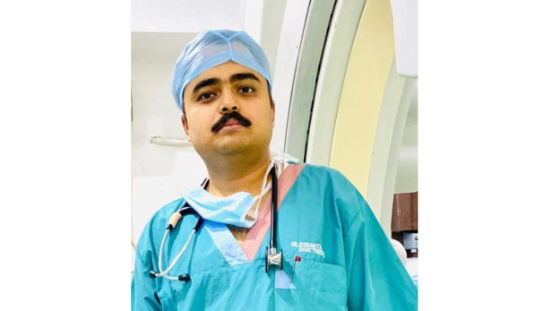- Home
- Speciality specific Q&A
- Cardiology
- Heart Disease
I'm really worried about my dad. He had a severe heart attack on September 2nd, and they put a stent in his coronary artery. Since then, he's been having these fever episodes hitting around 100F. Is that normal after this kind of procedure, or should we be concerned? Also, his blood pressure is around 10060. Is that okay?
I'm really worried about my dad. He had a severe heart attack on September 2nd, and they put a stent in his coronary artery. Since then, he's been having these fever episodes hitting around 100F. Is that normal after this kind of procedure, or should we be concerned? Also, his blood pressure is around 10060. Is that okay?
I'm really worried about my dad. He had a severe heart attack on September 2nd, and they put a stent in his coronary artery. Since then, he's been having these fever episodes hitting around 100F. Is that normal after this kind of procedure, or should we be concerned? Also, his blood pressure is around 10060. Is that okay?
Fever after a heart attack and stent placement can sometimes be a sign of infection. Given the recent procedure and his symptoms, it is important to monitor his condition closely. I would recommend consulting with his healthcare provider to rule out any potential infections. In the meantime, you can give him Acetaminophen 500mg every 6 hours to help reduce the fever. Keep a close eye on his temperature and if it persists or worsens, seek medical attention promptly.




